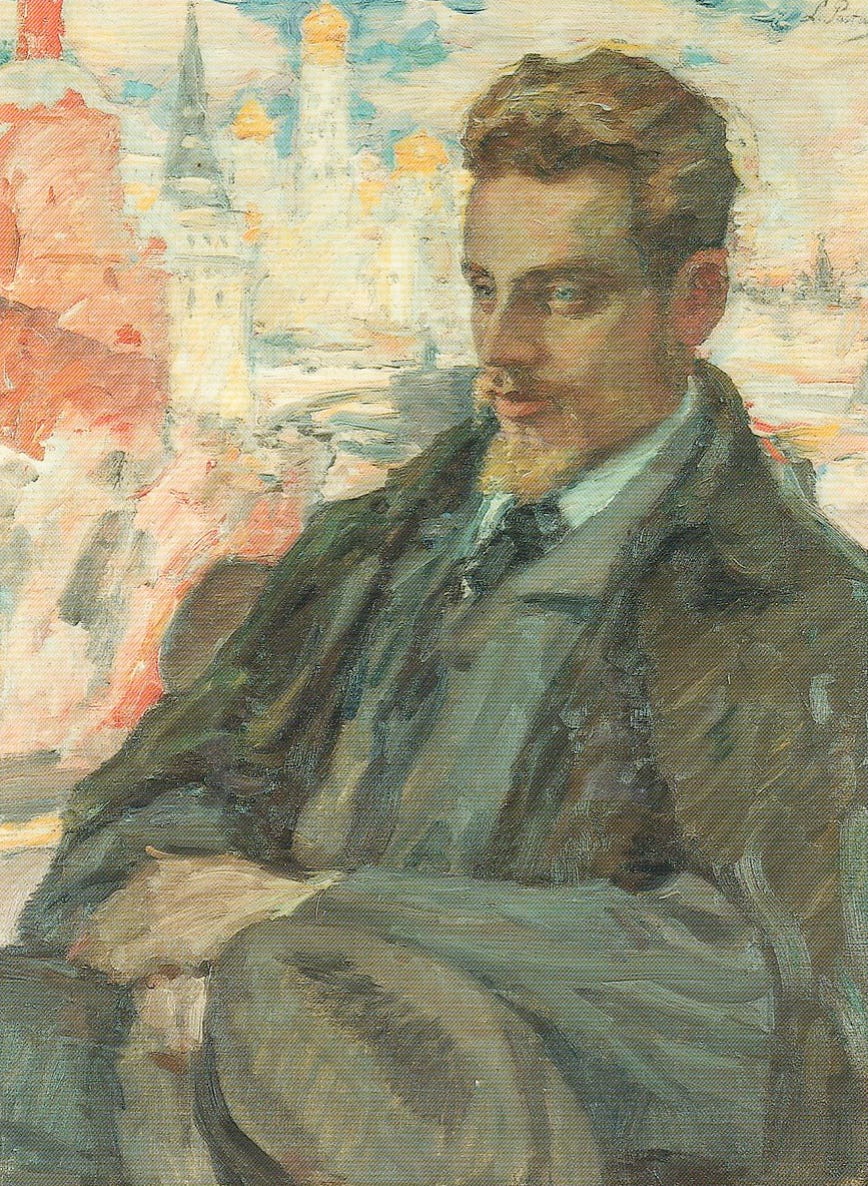One of my favorite observations about love comes from the Austrian poet Rainer Maria Rilke.
I hold this to be the highest task of a bond between two people: that each should stand guard over the solitude of the other. For, if it lies in the nature of indifference and of the crowd to recognize no solitude, then love and friendship are there for the purpose of continually providing the opportunity for solitude. And only those are the true sharings which rhythmically interrupt periods of deep isolation.
It’s an interesting inversion of the cliché that love means “never being alone again.” Against this, Rilke makes the argument that the only way to truly enjoy being alone is to be together. What you might call, “being alone together”. He later characterizes this as a “harmonious living side by side.”
Personally I find this to be very true. It’s not just about “giving each other space” (a common contemporary truism). Instead it’s about the peculiar paradox implicit in being subject to one another. Which is to say, in a relationship you make yourself nominally ‘unfree’ for someone, and yet in a very real sense, this sets you free.
And whilst Rilke himself did not exactly meet this ideal in his own life (indeed, we should always be wary of taking straghtforward advice from historical figures), he lays out an interesting vision of love; one that doesn’t necessarily correspond to the romantic notion of an all-consuming passion. Rilke basically argues that a happy relationship is one in which you protect each other’s mental space, make each other feel safe, and create an intimate and sheltered existence for each other. This, then, is true love, what Rilke calls “an opportunity for solitude”, i.e. the ability to truly be oneself with a person. To be in love with one’s best friend.
To learn more, consider watching my lecture series on love, which you can find on Youtube.
Julian
Thank you for reading this newsletter. If you’d like to support my work please consider becoming a paying subscriber by clicking below. Thank you so much.





We sit at opposite ends of a couch, each watching our unique for-you-pages for hours not saying anything to one another while occasionally sharing a witty piece of content—alone together. But, when the sun sets, we go to bed together; our phones in the charger…
Me and my partner love this quote since a long time, and I've been trying to look for the original German version of it. Can someone please help me with the original German of this passage? Thank you!